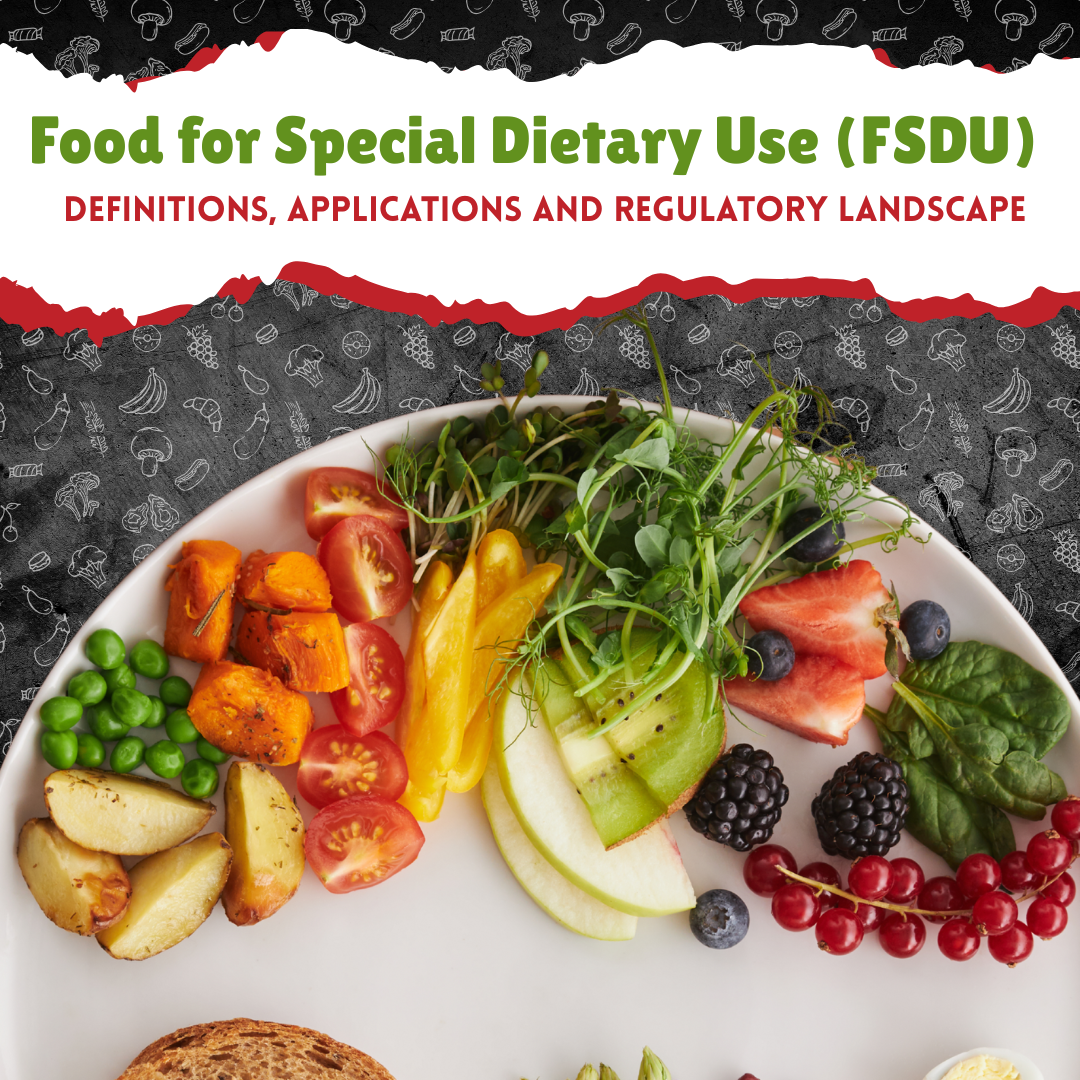Core Features of FSDUs
- Targeted Nutrition: Engineered to adjust nutrient levels for specific physiological states.
- Specialized Processing: Often produced using advanced processing technologies to modify digestibility or enhance bioavailability.
- Limited Consumer Scope: Not intended for general population consumption, but for individuals with defined dietary needs.






